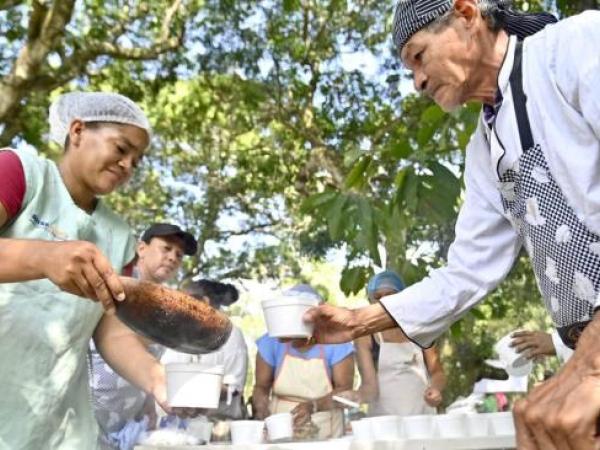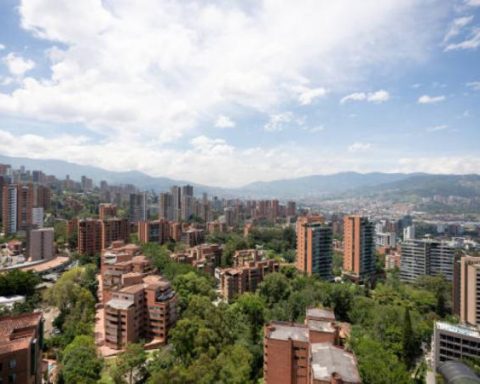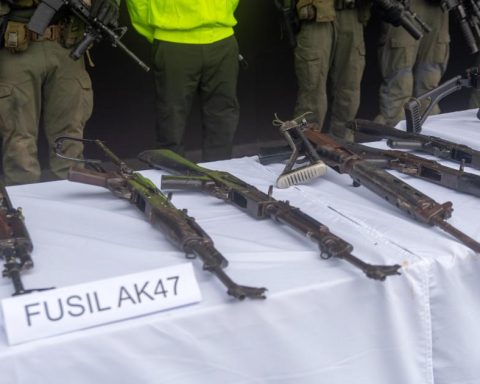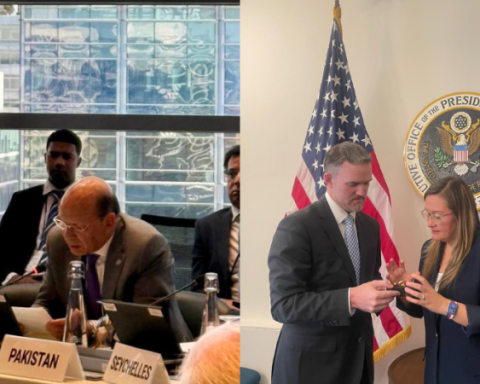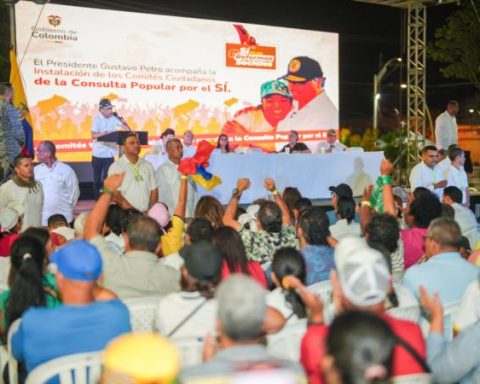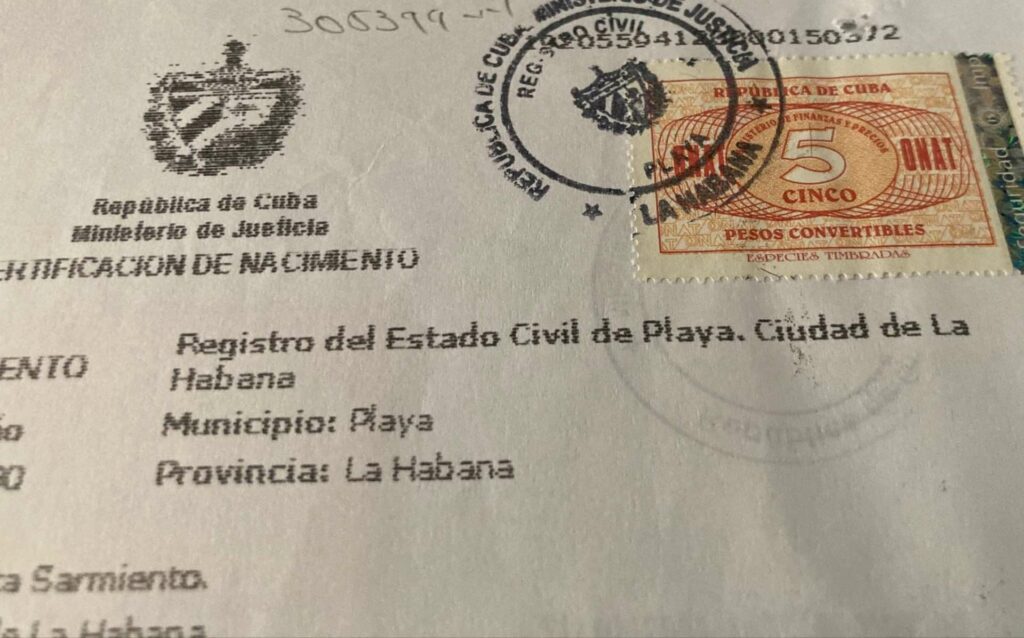
President Gustavo Petro arrived in the Coyongal corregimiento, in the Magangué municipality, in the department of Bolívar, where he installed the community pots program, a bet that was made by the Government in one of the points of the declaration of natural disaster for the winter.
(Read: Goodbye to Bienestarina?: Petro asks the ICBF not to buy it anymore).
There he spoke about the plan to fight hunger that he seeks to implement in his mandate. This through the purchase of crops. A project that would be long-term and seeks to support a low price food distribution network –created for this purpose–.
The president also highlighted the need to implement a food supply system in the country. Beyond the humanitarian attention provided by the community pots program.
(Read: This would be the Government’s austerity plan to save in 2023).
“The State must learn to buy crops and take them to where the population is hungry. If crops are purchased, we are helping to increase the production and food sustainability of the country. What’s more, we are helping the farmer to have a better income”, maintained the head of state.
He also clarified that it is not only buying the crops of the peasants, tAlso the food they collect. That includes fishing.
According to President Petro, this project “has to begin to be implemented by the National Unit for Disaster Risk Management (UNGRD), because it is precisely to defend the population from the climate crisis” and that “it goes beyond the community pot.
How does this government initiative work?
For the installation of community pots registration must be made on the UNGRD page. The entity asks about the popular organization, its time of existence and if it is legally constituted.
(Keep reading: ‘Neither head nor tail’: Ocampo on Jaime Dussán’s statements).
It is important to take into account that for the Disaster Risk Management Unit it is important to distinguish the categorization of the community. Therefore, they ask if it is a community action board, community mothers, indigenous councils, local councils, foundations, among others.
Then they request information about how they will contribute to the improvement of food insecurity conditions produced by the national disaster situation.
According to the Ministry of the Interior, the requirements that the boards must meet are: have a bank account registered in the portfolio to rMake transfers and purchase markets in the plazas or stores in the region.
The Government requests that the purchase be made from vendors in the region to strengthen the economy of the region that is being affected.
If the social and local organizations comply with all the requirements, the formalization procedure is processed in the shortest possible time and is included in the Government’s ‘community pots’ program.
BRIEFCASE
